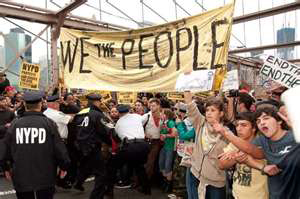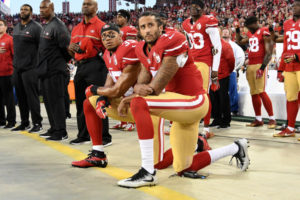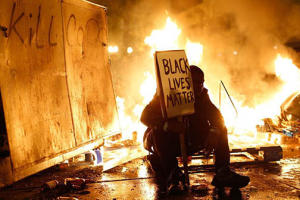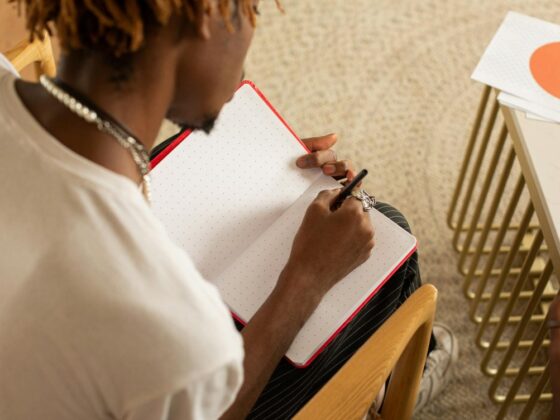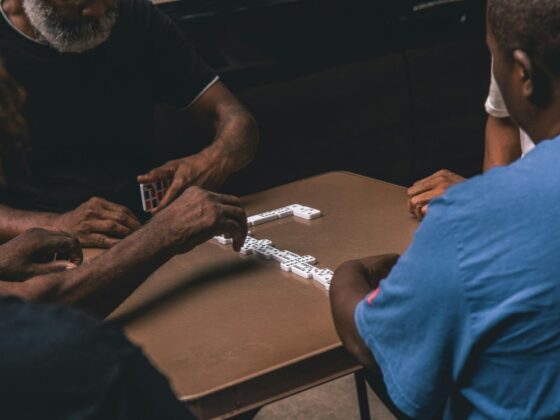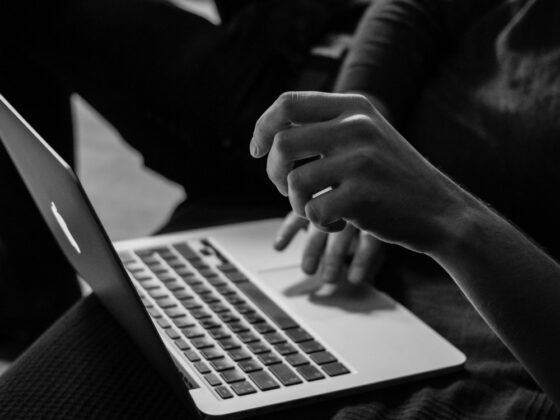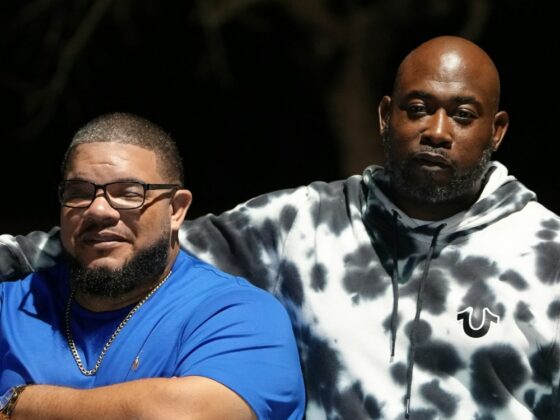On Dec. 17, 2010, in the bleak Tunisian town of Sidi Bouzid, a 26-year-old street vendor named Mohamed Bouazizi poured paint thinner on himself and lit a match. Little did he know was that he would ignite more than his wearied flesh. His pain (like labor) would give birth to a year like no other.
We are the 99%.
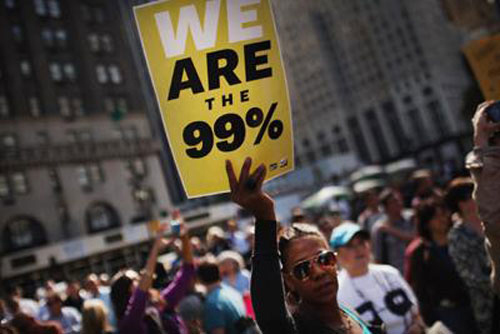
Readers May Also Like:
NLE Choppa Leads Peaceful Protest in Honor of Tyre Nichols
Anti-Trump Protest To Happen at Tonight’s College Football Playoff Game in ATL
Beyond The NFL Protest: Where Do We Go From Here?
Black Lives Matter Images – Some of The Powerful Images Sparking The Protest

